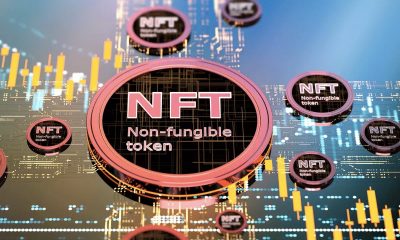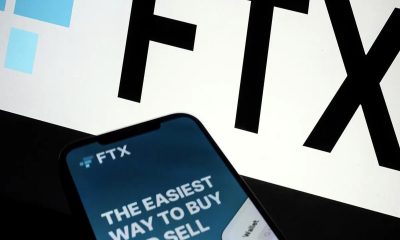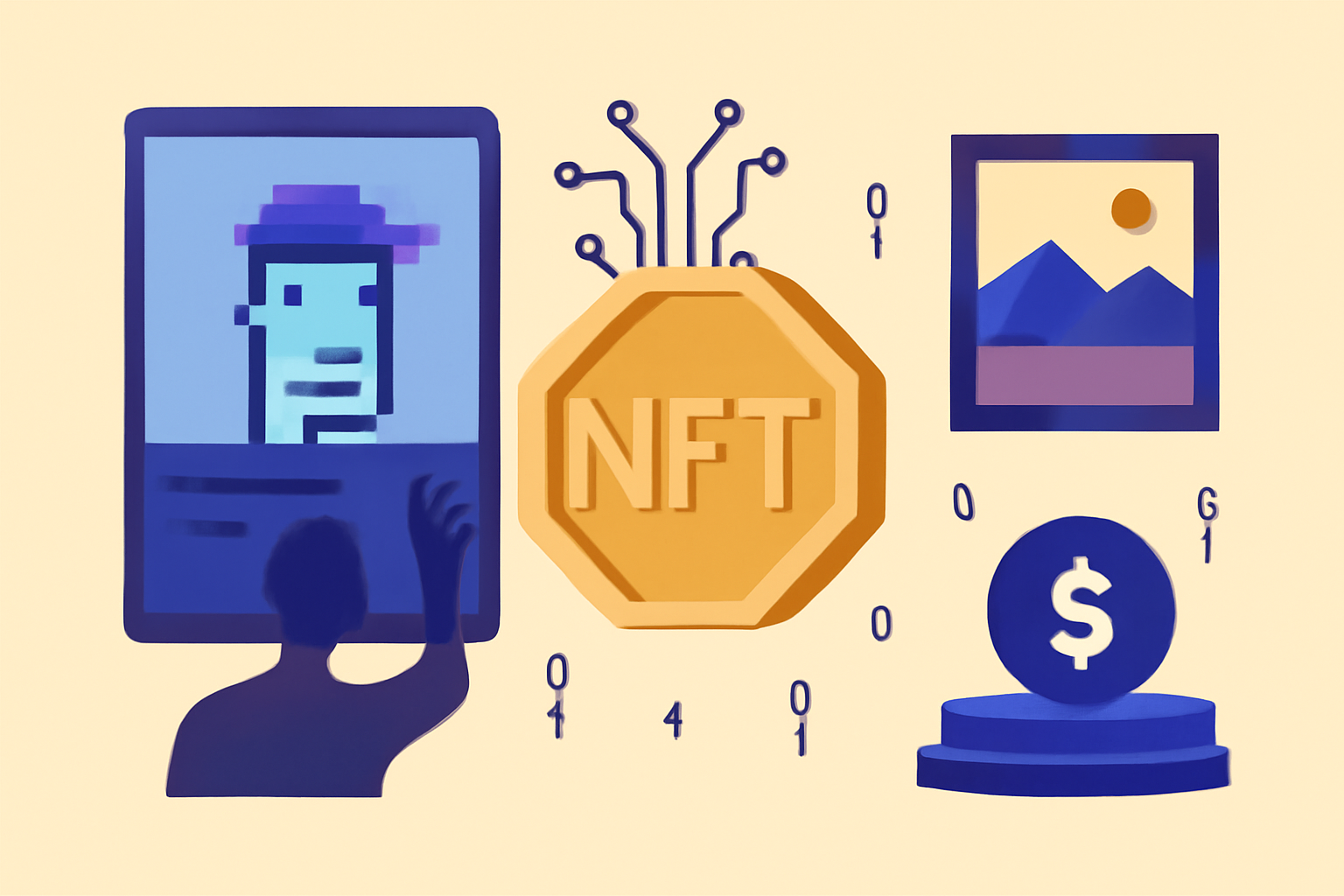Bitcoin
US Financial Planner Offers 3 Tips to Be Safe in Crypto Investing

David Gardner is a certified financial planner at Mercer Advisors. His firm consists of a team of certified financial planning specialists, investment strategists, certified public accountants, and estate planning attorneys helping their clients achieve their finance-related aims.
Gardner’s article titled, “Should You Invest in Cryptocurrency?” was posted online this week by The Daily Camera, a newspaper published in Boulder, Colorado, in the United States. He shared some tips for virtual currency investors to be safe in their investment journey.
We find Mr. David Gardner’s viewpoints very astute. We think his article is quite helpful, especially to eager cryptocurrency investors who may need more pertinent information to avoid considerable losses.
The following are Gardner’s advice from his latest article:
(1) Be careful and remember that the thrill and optimism for cryptocurrencies are not transferred into these virtual assets.
According to Gardner, investors are naturally enthusiastic about blockchain technology and crypto-assets’ future for utilization in financial services. But he cautioned that putting one’s hard-earned money into popular virtual currencies like Ethereum and Bitcoin is speculation.
The certified financial planning professional warned that these cryptocurrencies do not generate income, unlike a business establishment or a piece of real estate property. Gardner also pointed out that cryptocurrencies do not have a track record of being a relatively stable form of value, unlike classic currencies such as the euro or the US dollar
(2) Beware of the classic “pump and dump” schemes.
Gardner warned that smaller cryptocurrency issues are specifically susceptible to these kinds of manipulation tactics that have blighted some individual stocks over the past few years. He enlightened his readers that a “pump and dump” scheme involves acquiring a thinly-traded crypto-asset.
Then, this cryptocurrency entity or popular investor will employ a celebrity to promote such a virtual asset. Once the cryptocurrency’s trading price rises, such an investor or company would take the chance to sell the said crypto-asset anonymously.
(3) Consider the perspectives of finance experts from traditional institutions like the government.
In his informative and educational article, Gardner wrote that cryptocurrency believers may doubt a US Federal Reserve System banker. He relayed that these crypto-asset followers may find the latter as a person tied to a hopelessly old-school world of government-issued currency available in physical form.
Gardner gave Neel Kashkari as an example who is among the regulators who have not hesitated to point out virtual currency’s flaws. The Minneapolis Federal Reserve Chairman described cryptocurrency as 95 percent confusion, fraud, noise, and hype.
Based on Gardner’s insights, Kashkari raised a valid point that possible speculators would be wise to pay attention to who is on the other side of the cryptocurrency transaction and stands to profit from virtual currency purchases.
We think Mr. Gardner is very wise with his perspectives, and we believe our readers will feel enlightened. He was able to explain his cautionary remarks in a way that would make potential cryptocurrency investors stay shrewd and vigilant.
We think Mr. Gardner is helping the crypto-asset investors not mindlessly invest their hard-earned money. Besides taking this financial planning professional’s warnings, we strongly recommend our readers take their time understanding Bitcoin and other cryptocurrencies’ natures before they consider moving their hard-earned funds into one of them.





























